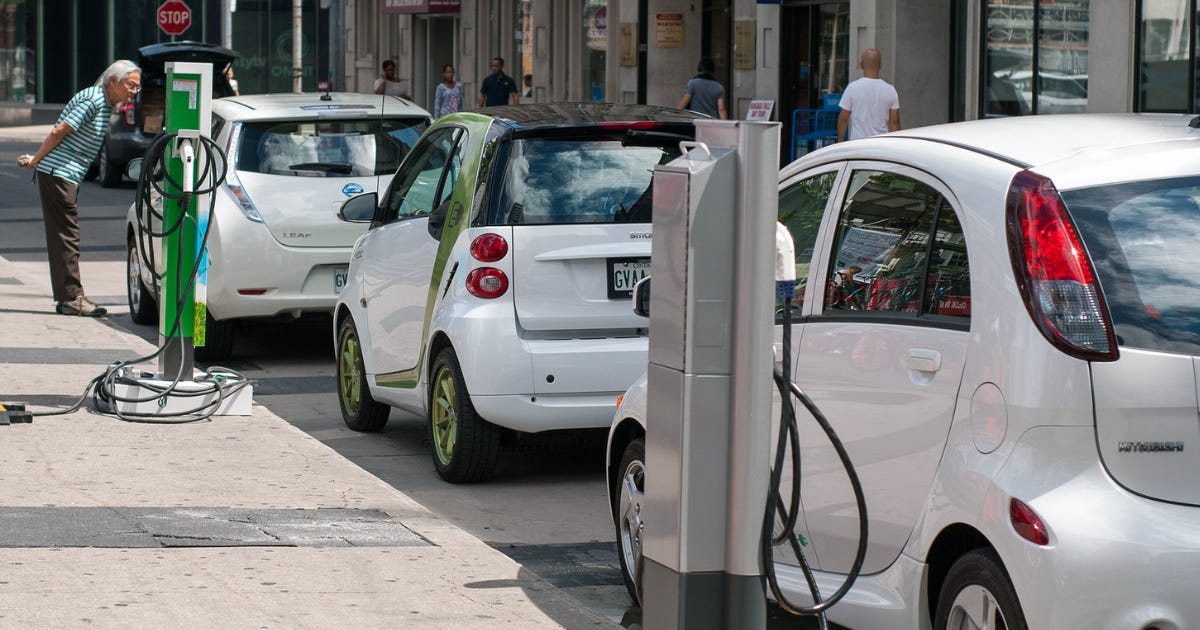EV sales plunge in BC despite NDP mandate to electrify roads
The B.C. NDP’s plan to electrify provincial roads is encountering roadblocks, as ambitious government targets collide with high costs, limited infrastructure and slowing consumer interest.
The B.C. NDP’s plan to electrify provincial roads is encountering roadblocks, as ambitious government targets collide with high costs, limited infrastructure and slowing consumer interest.
The province has set some of North America’s most aggressive zero-emission vehicle goals: 26 per cent of all new light-duty vehicle sales must be electric by 2026, rising to 90 per cent by 2030 and 100 per cent by 2035. However, data suggests these targets may already be out of reach.
EV sales in B.C. dropped sharply from nearly 25 per cent in mid-2024 to 15.4 per cent in June 2025. Statistics Canada reports that 20.7 per cent of new vehicle sales in 2024 were electric, below the 2026 target, raising questions about consumer readiness or ability to make the switch.
Even the federal government has scaled back its ambitions. Prime Minister Mark Carney recently paused the 2026 EV mandate for at least a year, citing affordability concerns and the challenges of rolling out zero-emission vehicles at scale.
Government fleets, often early adopters of policy-driven changes, are also struggling. Many medium- and heavy-duty vehicles lack electric equivalents, forcing agencies to rely on gasoline or diesel.
Additionally, electric vehicles currently cannot meet operational needs in colder climates or on remote routes.
Infrastructure remains another hurdle. B.C. has roughly 5,000 public charging stations, equating to one for every 27 EVs on the road. Fast-charging expansion plans aim for 800 ports by 2026, but critics argue the network is still inadequate for widespread adoption, particularly in northern and rural regions where battery performance declines in cold weather.
High vehicle costs further complicate adoption. For example, an electric Ford F-150 lists at nearly $63,000 — $10,000 more than its gas-powered counterpart. Provincial and federal rebate programs that once helped offset these costs are ending or paused.
Despite these hurdles, the B.C. government seems committed to pushing EV adoption, focusing primarily on light-duty vehicles.





Sorry MLK ....
I HAVE A DREAM....
One day our idiot politicians everywhere in what used to be Canada, especially Federally, will GET IT about EV's.
NOBODY WANTS THEM FOLKS...
OK... Pretty much NOBODY.
I would like to know where you can buy a new f150 for $53,000.